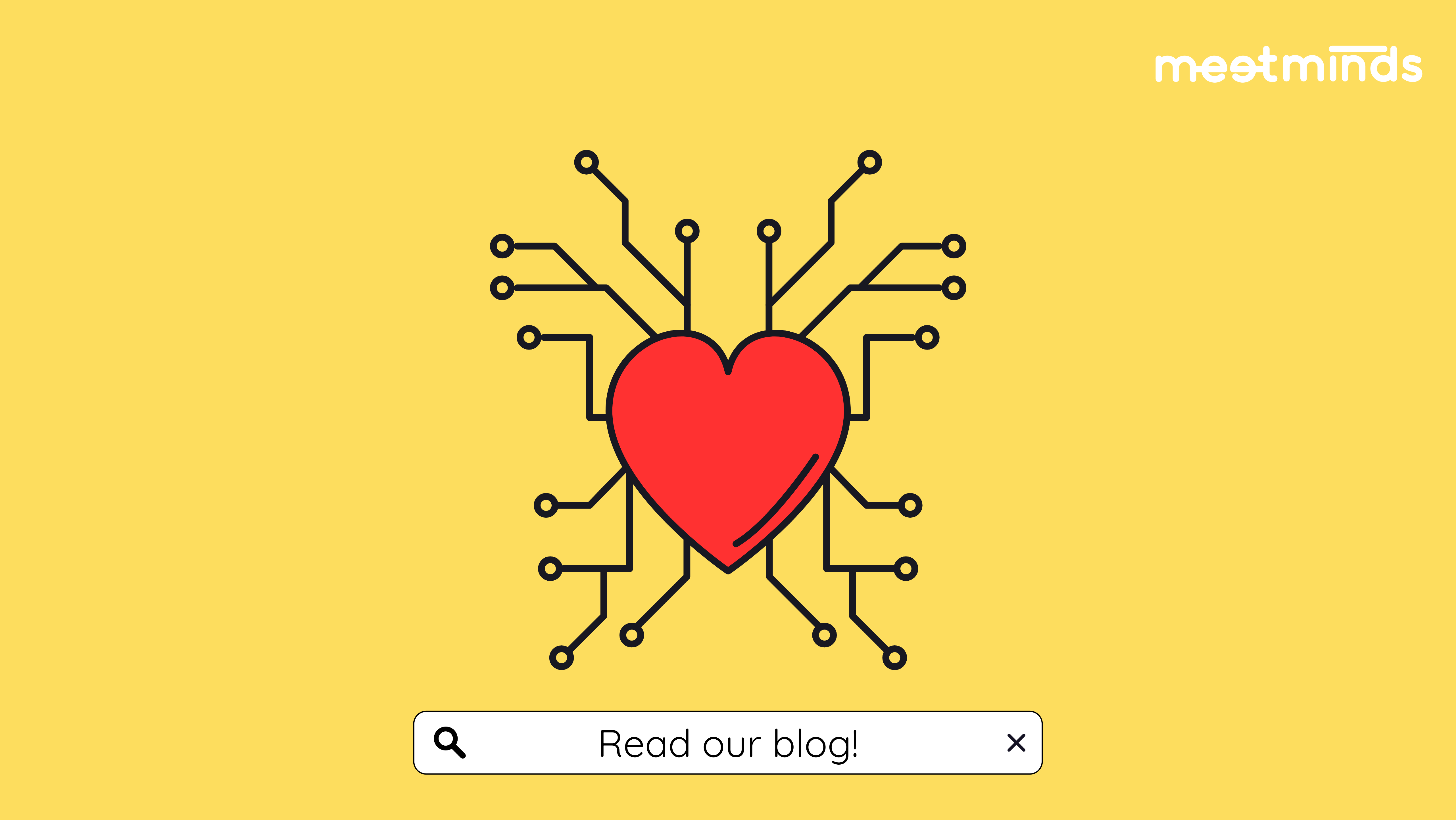AI in HR: great power, greater responsibility

Artificial intelligence (AI) has been swiftly advancing and transforming various sectors and business functions, and human resource management is certainly no exemption. In the report titled "The Future of Work: Intelligent by Design" by Eightfold AI, a significant portion of HR leaders who were surveyed exhibited a strong determination to leverage the capabilities of AI in their operations.
Concretely, 92% of these HR experts had intentions to extend the application of AI in at least one relevant domain. This encompassed enhancing performance management, streamlining payroll processing and benefits administration, optimizing recruitment, and hiring processes, facilitating employee onboarding, and efficiently managing employee records.
Moreover, the survey highlighted that a majority of HR leaders were poised to significantly escalate their adoption of AI within the upcoming 12 to 18 months.
the dangers of AI tools in human resources
The growing adoption of AI-driven tools within human resource management has ushered in a new era for HR practitioners, offering transformative resources and strategies that elevate efficiency and enhance the quality of decision-making.
For instance, the intelligent automation of repetitive and routine tasks has liberated HR experts to concentrate on more strategic and value-generating undertakings. Furthermore, AI holds the potential to reshape recruitment methodologies by scrutinizing vast quantities of resumes, thereby broadening the spectrum of potential candidates.
Nevertheless, akin to any potent technology, the implementation of AI-powered solutions in HR should be executed with prudence. Instances have surfaced that have unveiled biases and inadvertent discriminatory outcomes in AI-driven solutions, stemming from erroneous databases and flawed programming.
taking action: your role in AI integration
Organizations must adopt ethical and transparent approaches when incorporating AI-driven solutions, effectively addressing concerns surrounding privacy, impartiality, and potential prejudice. The goal is to ensure that these systems don't perpetuate biases or unfairly discriminate against specific individuals or groups.
To illustrate, meticulous selection of training data and the establishment of consistent AI algorithm oversight will be necessary to detect and rectify any emerging biases.
Furthermore, maintaining transparency and upholding accountability stand as crucial pillars in AI-enhanced HR management. Employees should possess insights into the collection, utilization, and safeguarding of their data.
Above all, safeguarding the security and confidentiality of employee data is of paramount importance for employers in order to mitigate potential risks.
maintaining human supervision: a vital aspect
Ensuring human oversight remains pivotal in monitoring system functions and, if required, deactivating them. It is of utmost importance that the system adheres to the right standards for accuracy, strength, and cybersecurity.
While technology exhibits particular abilities and potentials, it's the individuals who wield and apply these tools that dictate their genuine effects.
Leadership teams and HR executives have the authority to mold technology's application, significantly impacting outcomes through their decisions and deeds.
the importance of approach over action
Recognizing that the true risk doesn't originate from technology itself, but rather from the choices people make in its utilization, is essential. Without responsible and ethical application, the potential advantages of technology can be eclipsed by its negative consequences.
Therefore, comprehending the role individuals play in shaping the impact of technology is vital for nurturing a harmonious and advantageous bond between people and their tools. Education and learning play a pivotal role in guaranteeing individuals possess the knowledge to navigate emerging technology solutions in a safe and responsible manner.
HR leadership should center on upholding values, ensuring that the implementation of AI-based solutions doesn't undermine the pivotal human element within business.
achieving the balance between tech and humanity
Discovering the perfect equilibrium between technology and the human touch is pivotal to unlocking AI's potential for fostering empathetic employee relations in HR. While AI can amplify efficiency and precision across diverse HR processes, it's vital to acknowledge that empathy and emotional intelligence are intrinsic human traits that technology cannot replicate.
HR practitioners and organizations should utilize AI as a tool to bolster and enhance their endeavors in establishing a work environment that prioritizes empathy and human connection.
By thoughtfully and strategically integrating AI, businesses can simplify administrative tasks, granting HR professionals more time to cultivate meaningful relationships with employees and cater to their unique requirements.
In essence, the triumphant integration of AI in HR rests on comprehending when and how to harness technology while safeguarding the core principles of human interaction and empathy in employee relations.
